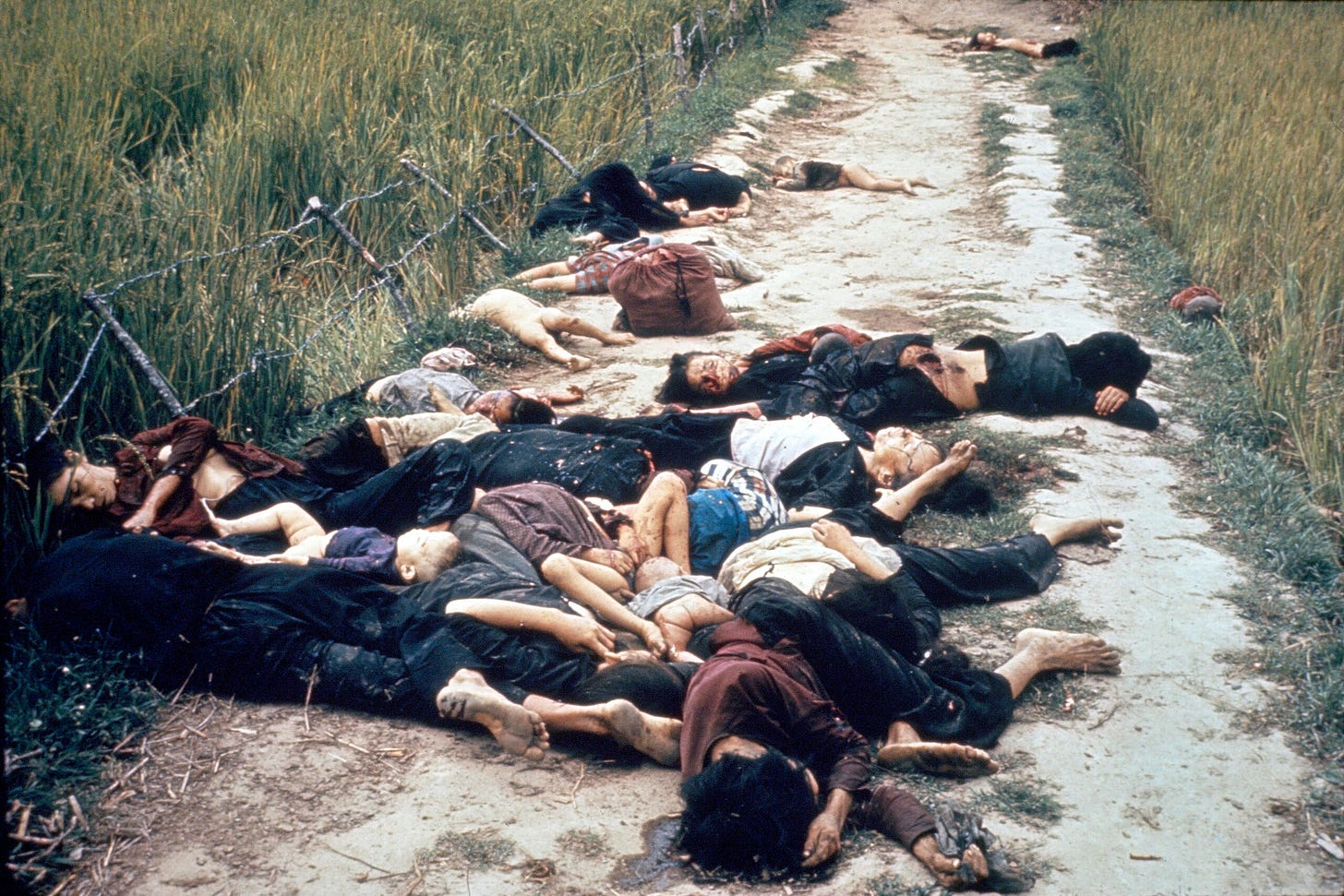This Week In History
A lot has happened in the past. Some things jump out at me a bit more than others, as being significant or memorable. Here are some things that happened during the second week of March. Each week I’ll bring you a summary like this. Sometimes I’ll elaborate on especially interesting events in their own posts on the days they happened.
March 11, 1861: The Confederate Constitution was adopted in Montgomery, Alabama, establishing the Confederate States of America.
March 11, 1918: The first cases of what would be called the Spanish flu were reported in the United States at Fort Riley, Kansas. The influenza pandemic of 1918-1919 would go on to become one of the deadliest pandemics in history, infecting 500 million people worldwide and killing an estimated 20 to 50 million. We call it the Spanish flu because due to wartime censorship, Spain was the first nation to allow its news media to report on the pandemic.

March 12, 1933: President Franklin D. Roosevelt delivered his first fireside chat radio broadcast to the American people eight days after his inauguration, addressing the banking crisis and explaining the government's response. His frank, direct approach bolstered confidence and prevented additional bank runs. Roosevelt continued his fireside chats throughout his presidency.
March 12, 1938: The Anschluss, or annexation of Austria by the German Reich led by Hitler. This is the event that is central to the plot of The Sound of Music, although unlike Captain von Trapp, many Austrians supported the union.
March 12, 1947: In a speech to the U.S. Congress, President Harry S. Truman outlined the Truman Doctrine, which pledged U.S. support for countries threatened by communism. This marked a key moment in the Cold War era and a shift from an American policy of avoiding involvement in regional conflicts to one of intervention to "contain" communism worldwide.
March 12, 1999: Poland, Hungary and the Czech Republic became full members of NATO (North Atlantic Treaty Organization) less than ten years after the dissolution of the USSR, despite American promises never to expand NATO east of Germany.
March 16, 1968: The My Lai Massacre was a mass murder during the Vietnam War, where U.S. Army soldiers killed about 500 unarmed South Vietnamese civilians, including women, children, and the elderly. The killings were initially reported as a fierce fire fight between American soldiers and over a hundred Viet Cong. Major Colin Powell was tasked with investigating the incident and was "unable" to uncover any evidence of wrongdoing.

And of course, on March 15, 44 BCE Julius Caesar was assassinated by a group of Roman senators led by Brutus and Cassius. The killing of the general-turned-dictator led to a series of civil wars and the eventual rise of the Roman Empire.




